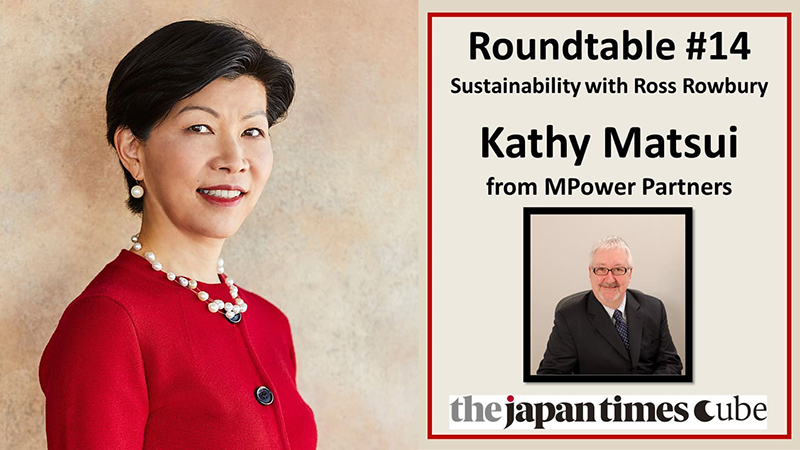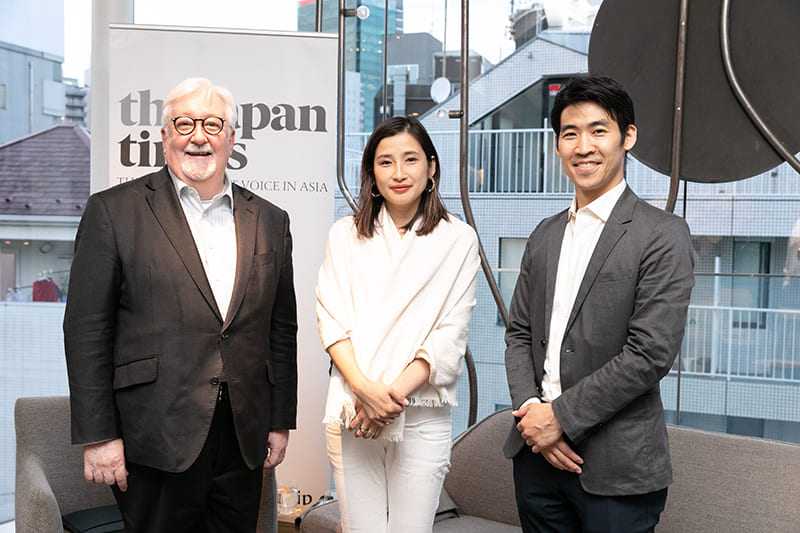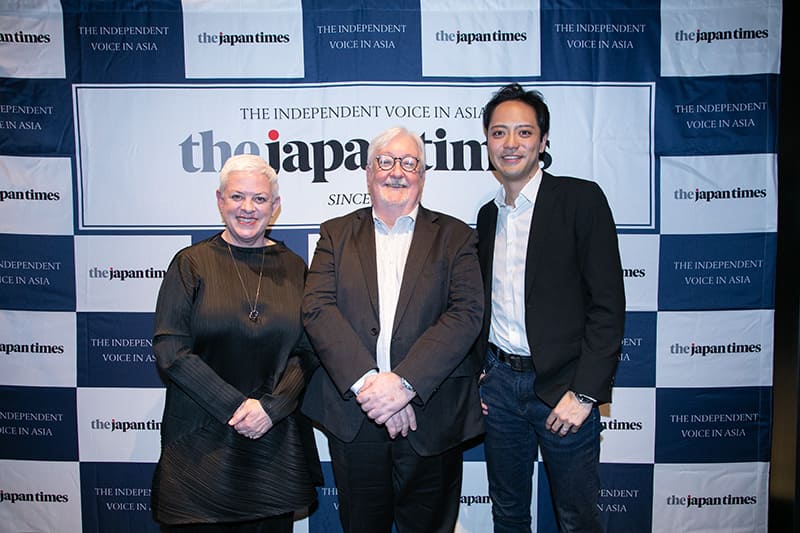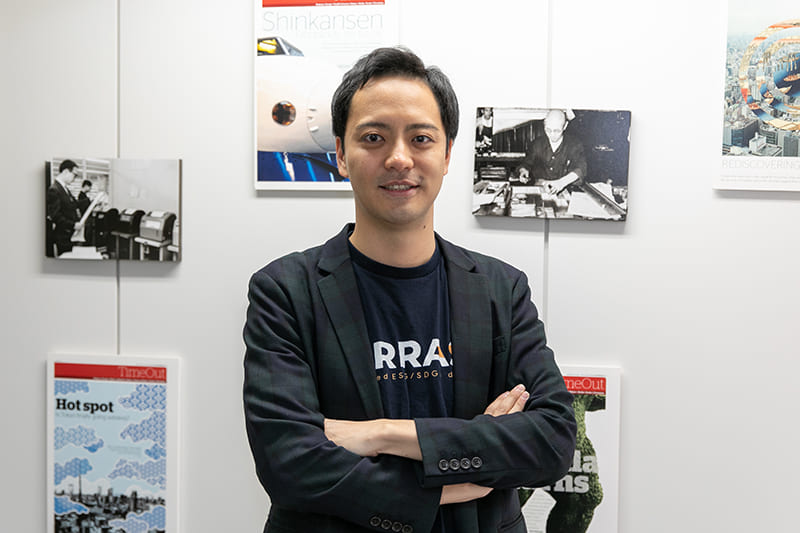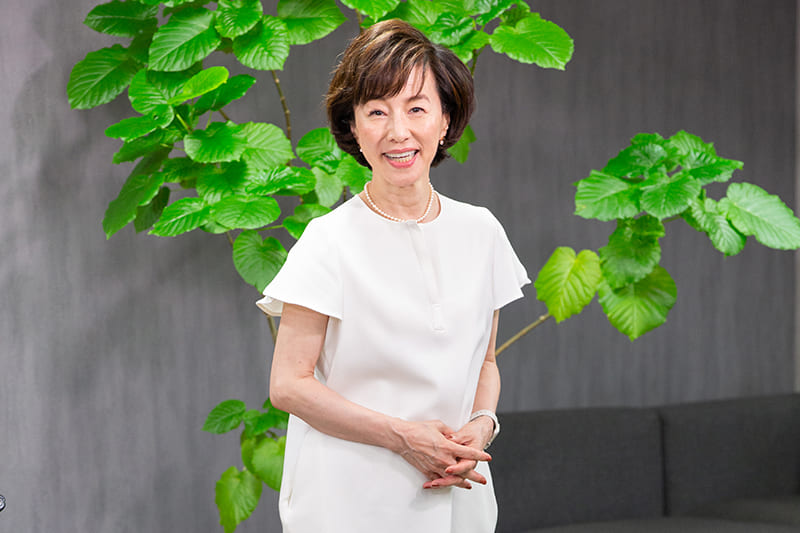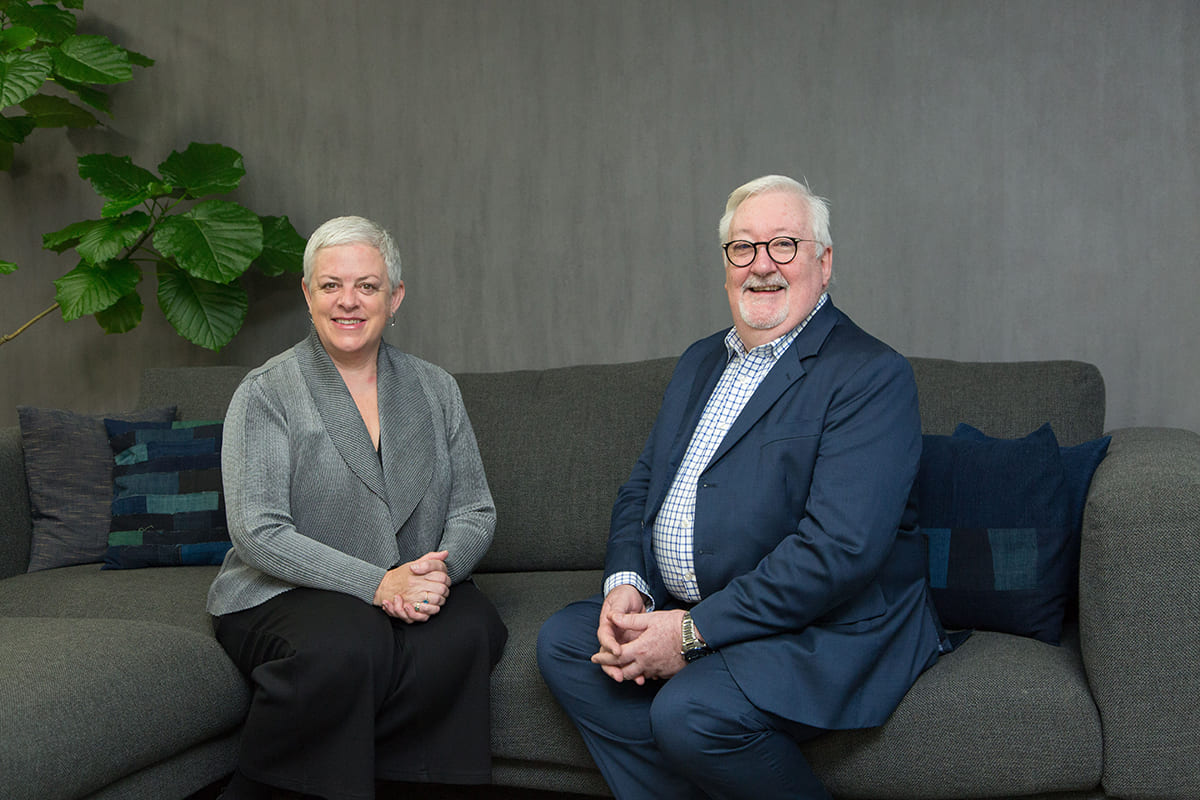December 21, 2021
Womenomics originator Matsui funds ESG startups
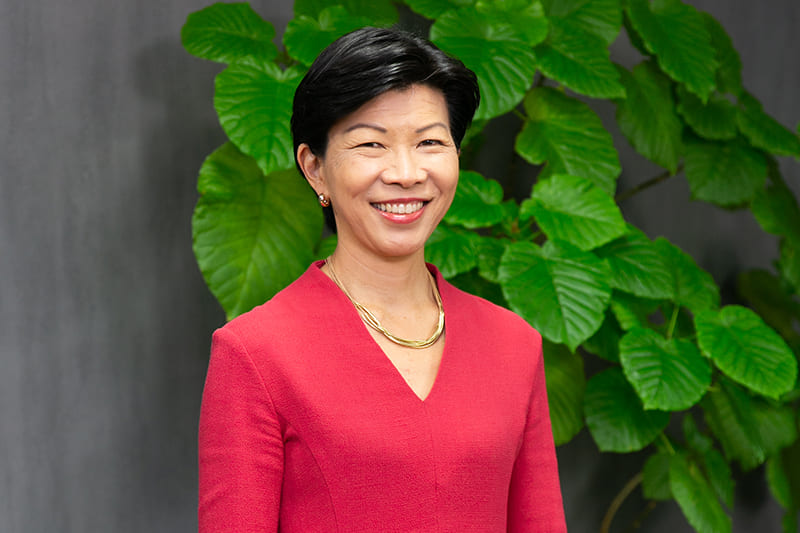
Former Japanese Prime Minister Shinzo Abe attracted global attention in 2013 for drawing on womenomics — the idea that female economic advancement benefits the entire economy — as a cornerstone of his policies. However, it was Kathy Matsui who first introduced the concept early in her career as an equity strategist, informed by her own experiences juggling motherhood and a job.
In this interview, the former Goldman Sachs vice chair shares insights gleaned from more than three decades in the Japanese financial sector and tells us about her new mission to bring ESG to Japanese startups with MPower Partners, Japan’s first ESG-focused global venture capital fund.
Bloom where you’re planted
The daughter of Japanese immigrants, Matsui grew up in California, where her family ran a commercial flower nursery. The Matsui children helped out on the weekends as a matter of course. “I’d have on five layers of gloves, trying to grade roses and measuring the length of each stem in this machine. Despite all the layers, I’d feel the thorns, and I still have trauma to this day — don’t even try giving me roses!” she said, laughing ruefully.
Later her family pivoted to growing potted orchids, selling them through supermarket chains, and today their business has a 20% share of the total U.S. orchid market. Although Matsui’s parents did not attend university, they understood the transformational impact of education on their own children, and set up the Matsui Foundation to provide college scholarships for immigrant children, offering other youngsters a path to a brighter future.
Following graduation from Harvard University, Matsui came to Japan on a two-year Rotary scholarship, and later returned for a summer internship at Mitsui Bank during graduate school.
She smiled as she recalled showing up for work in a business suit, while all the other female staff members were dressed in the bank’s uniform. “After a few days a young woman gingerly approached me with a plastic bag: ’We prepared this for you ….’ I loved it, as I had to commute in the middle of the humid summer. I could arrive in jeans and a T-shirt, put on my uniform in the locker room, then change back into to my own clothes when I left!”
During this time Matsui met her future husband, a fellow expat, and so she came back to settle in Japan. She began working at Barclays in 1990, then moved to Goldman Sachs four years later when invited to join its strategy team.
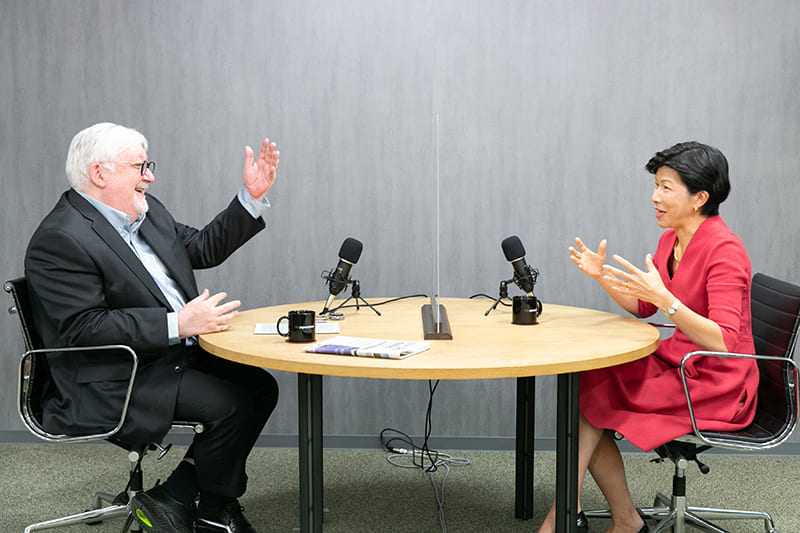
Making diversity compelling
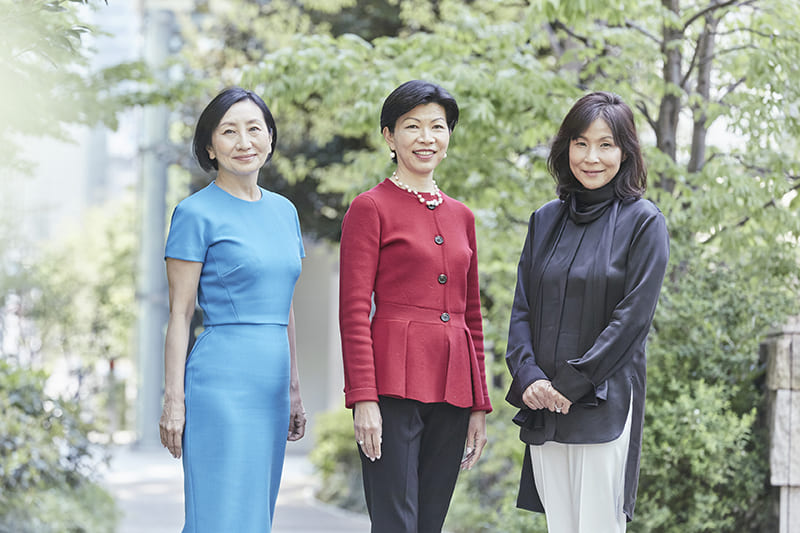
Matsui had her first child in 1996. Returning to work following the four months of maternity leave that was offered at the time, she realized that many of her female mother friends quit work after giving birth because it was too challenging to balance a career and child care. While Matsui fully respects that some mothers prefer to stay home with their children, her analyst’s mind began wondering about Japan’s female labor participation rates and the effect of the loss of so many bright, capable women.
Hoping to make her clients reflect on an unfamiliar topic, she drew on her perspective as Japan’s only female equity strategist and used data to show what could happen if more women remained in the workforce. Although her report attracted attention when it was published, the Japanese market was not yet ready for changes. “It was a novel idea, but back in 1999 the term ‘diversity’ was not part of the vernacular in Japan,” she explained.
Fast forward to 2013. When she heard that Prime Minister Abe had selected womenomics as one of the drivers for his new economic policy, Matsui at first wondered if it was a joke. “I was not the only one who fell out of my chair!” she said candidly, but noted that it helped to give weight to the concept that diversity is imperative for growth.
“That economic argument made it much more compelling, and then businesspeople became interested. My whole point is, yes, Japan is still very far from where it needs to be. But first we need to change the mindset, so let’s talk about it as a normal topic of conversation in a business context,” she explained. “Let’s first encourage more women who want to work outside the home to do so – even in part-time roles – then build their confidence that they can do more. Then over time I think we will see a healthy pipeline for getting more women into those top positions.”
Tips from a trailblazer

Based on her own experiences, Matsui offers three key pieces of advice to younger women aspiring to move ahead in their careers:
Follow your heart: As a woman and a mother, you’ll be getting a lot of unsolicited, if well-meant, advice about what a “good mother” should or shouldn’t do. Do what makes you happy — and articulate that to those around you.
Create your own personal BOD (board of directors): This is a group of people who know you holistically and who will offer you sound, honest advice on everything from work situations to dealing with teenagers or aging parents. Moreover, investing in such relationships is a two-way process — you should support each other.
Find people who can be a megaphone for your career accomplishments: Whether you call them mentors, sponsors or coaches, have someone who can speak up about your performance in the workplace, giving you the confidence to set goals and aim for promotions.
After leaving Goldman Sachs in 2020, Matsui formed MPower Partners Fund with Yumiko Murakami and Miwa Seki. The trio, who by chance all share the same birth year and month, have known each other for over 20 years. “It was actually Yumiko’s idea to try a venture capital fund, because Japan desperately needs more innovation. They have the capital, talent and technology — so why is the venture capital market here one-sixtieth of that of the U.S.?” Matsui said.
Matsui notes that if ESG is embedded in a company’s DNA when they are younger, it becomes part of its purpose and narrative in a very natural way. “In my experience working with large listed companies, it is much harder to ‘teach old dogs new tricks.’ Startups are simply more nimble,” she pointed out. “The current generation of entrepreneurs is quite focused on ESG. The hard part for them is not ‘why’ but ‘how.’ As Japan’s first ESG-integrated venture capital fund, our aim is to prove that ESG can drive value creation.”

